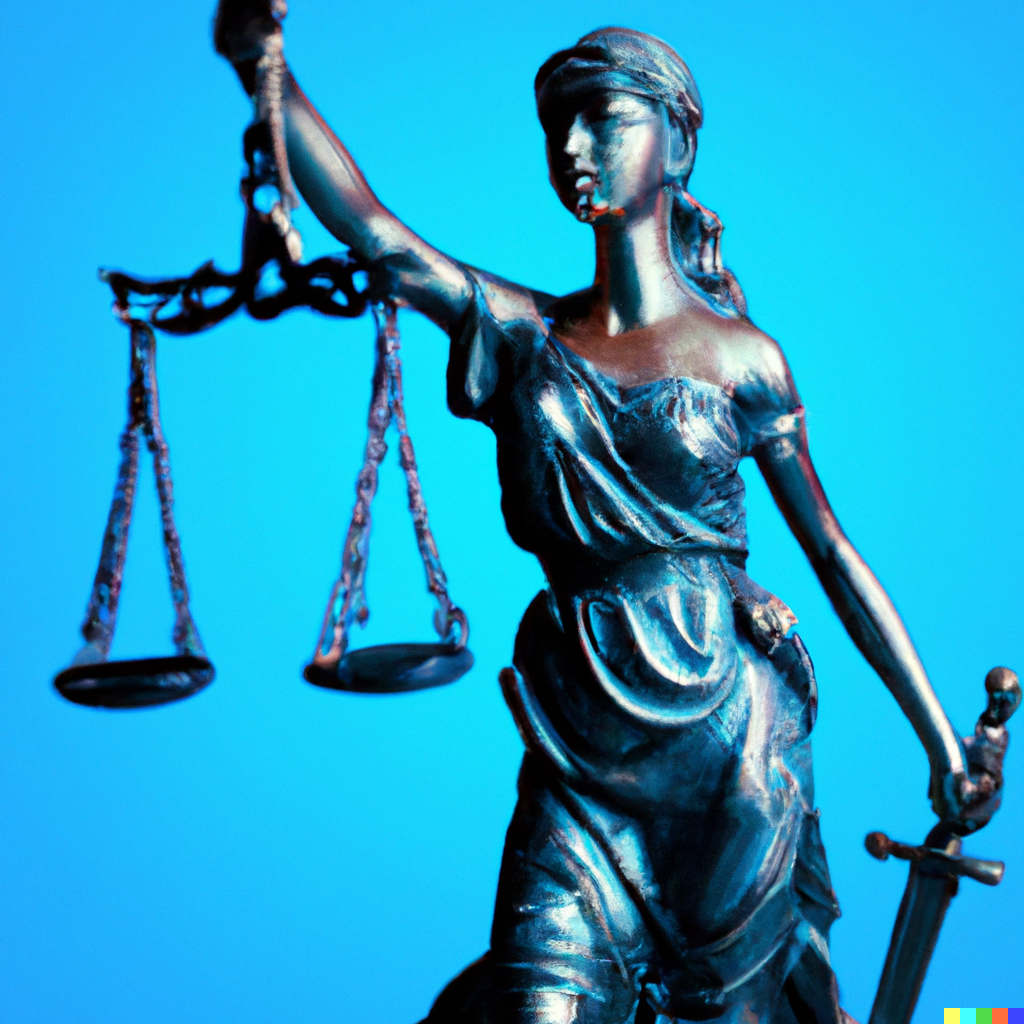As an entrepreneur deeply committed to the realm of intellectual property rights, I've watched with concern as counterfeiting has grown into a major issue that threatens the progress of innovation. The counterfeit market thrives by copying products without any regard for the original creators, directly attacking the integrity of intellectual property and the essence of innovation.
Counterfeiters profit off the backs of innovators, taking advantage of the hard work and creativity of original creators while skipping the costly process of research and development (R&D). This not only unfairly benefits counterfeiters but also drains resources that could be used to drive further innovation.
The system of intellectual property rights is designed to encourage innovation by giving inventors exclusive rights to their creations for a certain time, motivating them to develop new ideas. But widespread counterfeiting weakens this incentive, making it riskier to invest in innovation.
Legally, counterfeiters are doing more than breaking copyright, patent, or trademark laws; they’re also damaging the trust that is crucial to the innovation ecosystem. This loss of trust makes businesses and investors hesitant to invest in R&D, fearing their efforts will be stolen by counterfeiters. This can slow down technological progress and stifle creative ventures, holding back societal advancement.
The impact of counterfeiters extends beyond innovators to consumers and the economy at large. Counterfeit products, often of lower quality, can harm consumer safety and erode trust. From an economic standpoint, counterfeiting strips governments of tax revenue and distorts market dynamics, leading to job losses and economic downturns.
While legal recourse exists, it's typically reactive and the global nature of counterfeiting complicates enforcement. This calls for a dual strategy: strengthening legal frameworks and boosting international cooperation to fight counterfeiting.
A strong intellectual property system can ensure that innovators are rewarded for their creativity and investment, and severe penalties can deter counterfeiters. Additionally, a collaborative international effort against counterfeiting can close jurisdictional gaps and create a worldwide environment that supports innovation.
In summary, counterfeiting is a serious crime that saps the vitality of innovation. As we tackle the challenges it presents, it’s vital to recognize that combating counterfeiting is fundamentally about protecting our capacity to innovate. In our pursuit of a dynamic and innovative future, we must be resolute in ensuring that counterfeiters find no refuge. It’s a crucial battle for the values we hold dear and the preservation of jobs in our industries.
Gavin
Founder
PS. If you think this post is only about the the insane 2022-2023 litigation 67 Designs is engaged in the 6th Circuit against US based serial counterfeiters who targeted our business in 2018, you would be wrong. We'll get into that in future posts, but right now, take a look at this case (3-19-cv-0092 in the Eastern District of Virginia) between Maglula, Ltd vs Amazon.com, Inc. The case eventually settled, but it demonstrates the challenges Western nations face with counterfeits dumped into online marketplaces.

